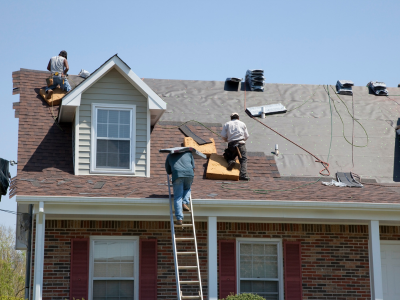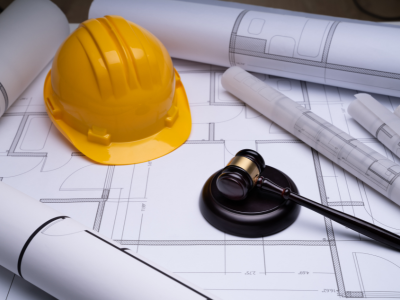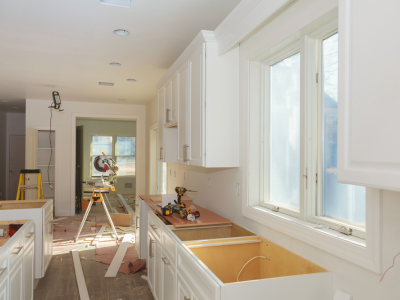The Office of Consumer Affairs and Business Regulation (OCABR) oversees the Home Improvement Contractor (HIC) program that helps protect consumers and regulate the business practices of contractors.
- This page, Home Improvement Contractor Program, is offered by
- Office of Consumer Affairs and Business Regulation





